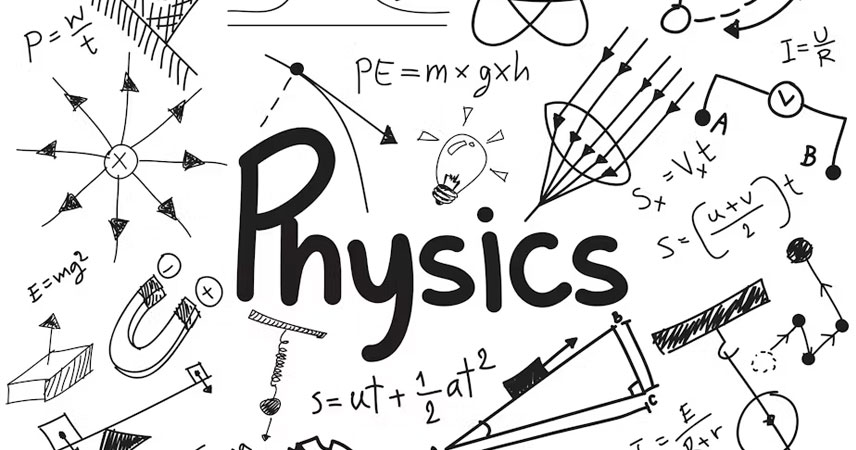B.Sc. Physics
📘 About the Course
The Bachelor of Science in Physics (B.Sc. Physics) is a rigorous three-year undergraduate program that provides a comprehensive understanding of the fundamental principles governing the universe. From classical mechanics to quantum theory, the course bridges theoretical concepts with practical applications in fields like electronics, materials science, and astrophysics. It fosters logical thinking, experimental skills, and scientific inquiry, laying the groundwork for careers in science, technology, research, and education.
🏛️ About the Department
The Department of Physics at Muthukaruppan Memorial Arts & Science College is known for its strong academic foundation and student-centered teaching. With experienced faculty, modern lab equipment, and interactive methodologies, the department ensures that students develop both theoretical insight and technical proficiency. The department regularly organizes science exhibitions, workshops, and seminars, encouraging research aptitude and curiosity in students. The curriculum is enriched with interdisciplinary perspectives, linking physics with computer science, electronics, and engineering principles.



🎯 Career Opportunities
Physics graduates enjoy access to a broad spectrum of career paths across academics, research, industry, and innovation: